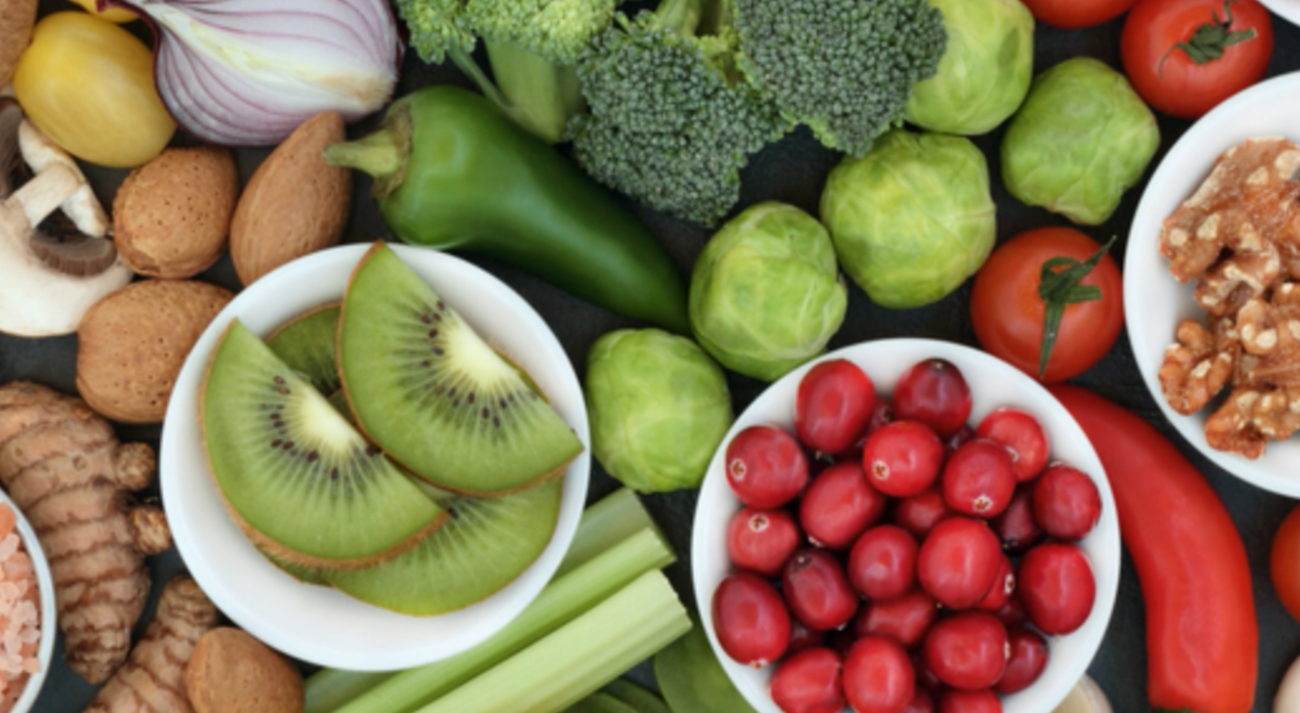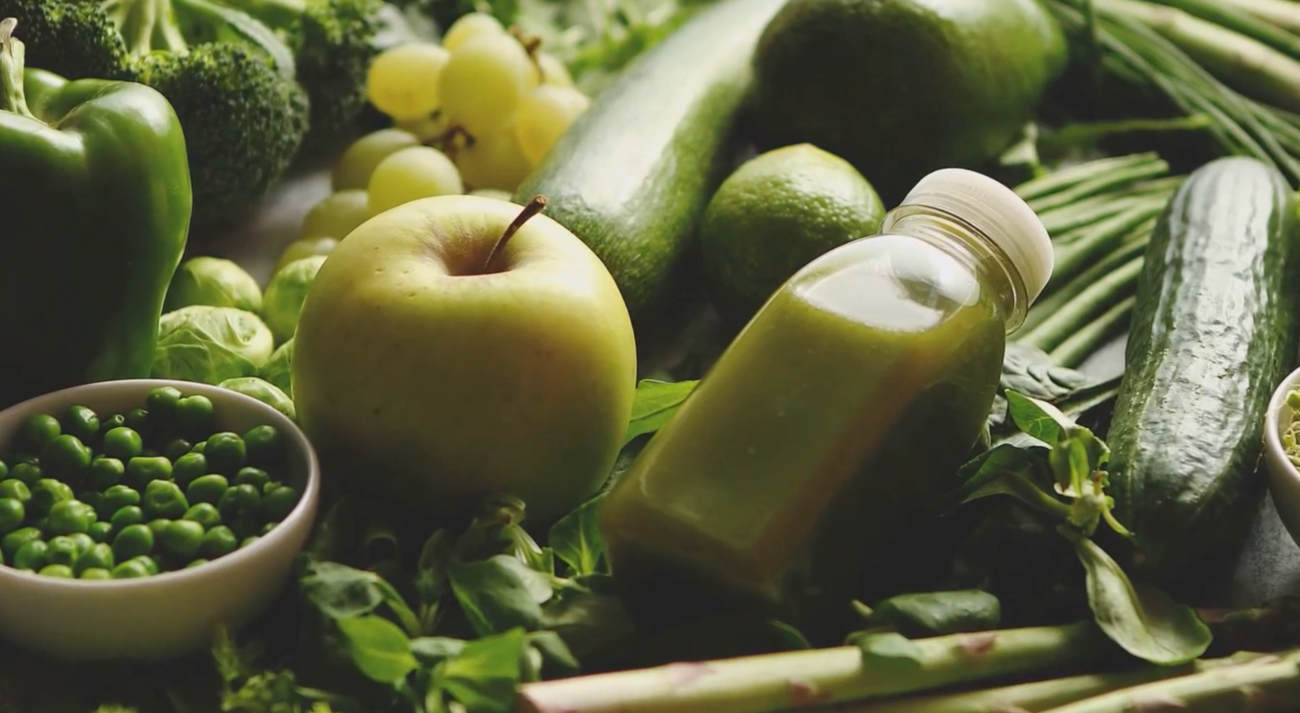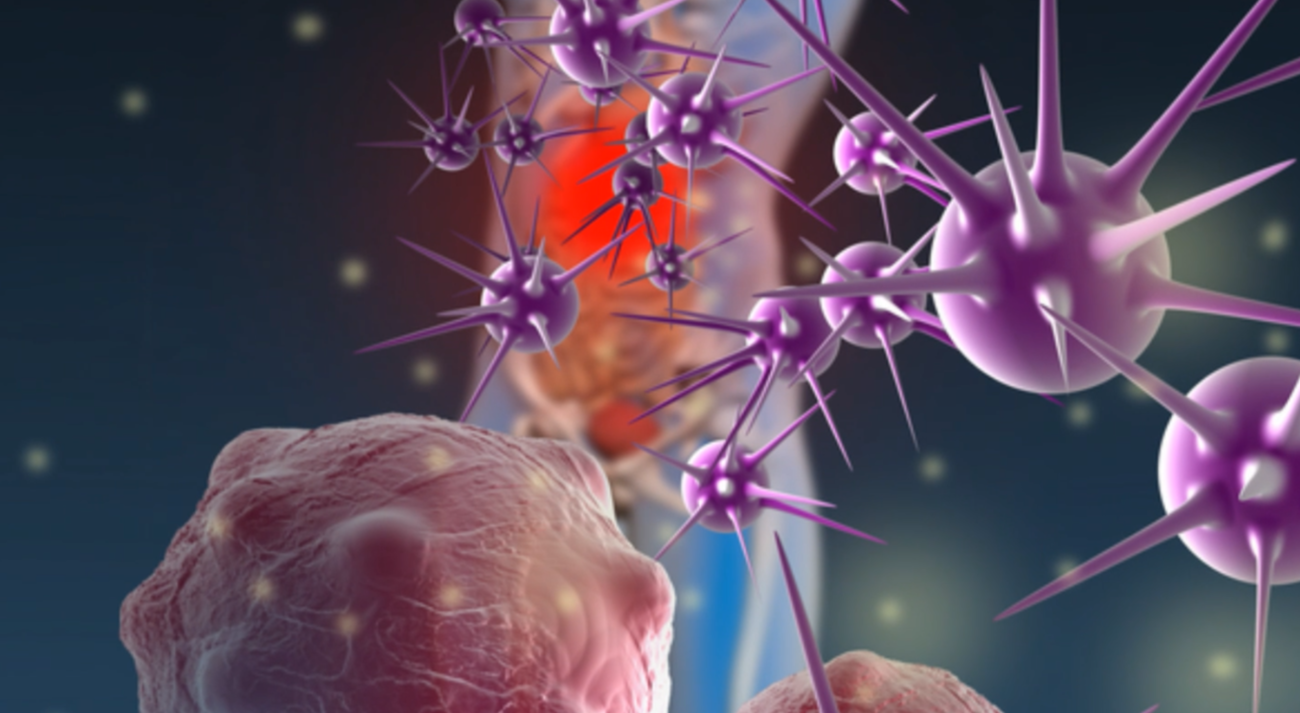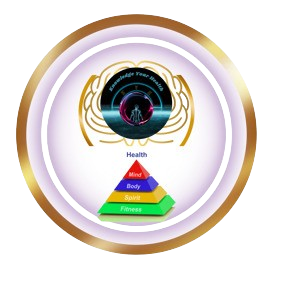Antioxidants:
1. Vitamin C (Ascorbic Acid)
Function: Vitamin C is essential for collagen synthesis, wound healing, and immune function. It acts as an antioxidant, protecting cells from oxidative damage, and supports cardiovascular health by improving endothelial function and lowering blood pressure.
Dosage: Recommended daily intake is around 75 mg for women and 90 mg for men. Higher doses (up to 2000 mg/day) may be recommended for certain conditions or during periods of increased oxidative stress.
Sources: Citrus fruits, strawberries, bell peppers, broccoli, Brussels sprouts, kale, and tomatoes.
Diseases: Vitamin C may help reduce the risk of cardiovascular disease, support immune function, and reduce the severity and duration of common cold symptoms.

2. Vitamin E (Tocopherols and Tocotrienols)
Function: Vitamin E is a fat-soluble antioxidant that protects cell membranes from oxidative damage. It supports immune function, skin health, and may have anti-inflammatory properties.
Dosage: Recommended daily intake is around 15 mg of alpha-tocopherol for adults. Natural food sources provide a mix of tocopherols and tocotrienols, which may have varying health benefits.
Sources: Nuts, seeds, spinach, avocado, vegetable oils (like sunflower, safflower, and wheat germ oil), and fortified cereals.
Diseases: Vitamin E may help reduce the risk of cardiovascular disease, support immune function, and may have neuroprotective properties, potentially reducing the risk of Alzheimer’s disease and cognitive decline.
3. Beta-Carotene
Function: Beta-carotene is a provitamin A carotenoid converted to vitamin A in the body. It supports eye health, immune function, and skin health.
Dosage: No specific recommended dosage, but consuming foods rich in beta-carotene regularly is beneficial.
Sources: Carrots, sweet potatoes, pumpkin, butternut squash, spinach, kale, apricots, and cantaloupe.
Diseases: Beta-carotene may help reduce the risk of certain cancers, particularly lung cancer in smokers, and support eye health by reducing the risk of age-related macular degeneration.
4. Selenium
Function: Selenium is a trace mineral that plays a crucial role in antioxidant defence systems, supporting thyroid function, immune response, and DNA synthesis and repair. It also has anti-inflammatory properties.
Dosage: Recommended daily intake is around 55 mcg for adults. Selenium toxicity can occur with high doses (>400 mcg/day).
Sources: Brazil nuts, seafood (like tuna, halibut, and shrimp), beef, chicken, turkey, eggs, brown rice, and sunflower seeds.
Diseases: Selenium may help reduce the risk of certain cancers, particularly prostate cancer, support thyroid function, and reduce inflammation.
Meanwhile This antioxidant can save your overall health

5. Flavonoids (Quercetin, Epicatechin, Anthocyanins)
Function: Flavonoids are a diverse group of polyphenol antioxidants found in plants that have anti-inflammatory, antiviral, and anti-cancer properties. They support heart health by improving blood flow, reducing blood pressure, and
lowering LDL cholesterol levels.
Dosage: No specific recommended dosage, but consuming a variety of fruits, vegetables, and teas rich in flavonoids is beneficial.
Sources: Berries, apples, onions, kale, cocoa, green tea, red wine, and citrus fruits.
Diseases: Flavonoids may help reduce the risk of cardiovascular disease, support immune function, and may have anti-inflammatory, antiviral, and anti-cancer properties.
6. Lycopene
Function: Lycopene is a carotenoid antioxidant that has been linked to reduced risk of certain cancers, particularly prostate cancer. It also supports heart health and skin health.
Dosage: No specific recommended dosage, but consuming foods rich in lycopene regularly is beneficial.
Sources: Tomatoes (particularly cooked or processed tomatoes like tomato sauce and tomato paste), watermelon, pink grapefruit, and apricots.
Diseases: Lycopene may help reduce the risk of certain cancers, particularly prostate cancer, support heart health, and protect against UV-induced skin damage.
7. Resveratrol
Function: Resveratrol is a polyphenol antioxidant found in grapes and red wine that has anti-inflammatory, anti-cancer, and heart-protective properties. It also supports brain health and may extend lifespan.
Dosage: No specific recommended dosage, but moderate consumption of red wine and foods rich in resveratrol may be beneficial.
Sources: Red grapes, red wine, peanuts, berries, and dark chocolate.
Diseases: Resveratrol may help reduce the risk of cardiovascular disease, support brain health, and have anti-inflammatory, anti-cancer, and neuroprotective properties.
Fight your free radicals with antioxidants
How antioxidants fight free radicals
Antioxidants combat free radicals through a process known as oxidation-reduction (redox) reactions. Free radicals are highly reactive molecules that contain unpaired electrons, making them unstable and prone to causing damage to cells, proteins, and DNA
in a process called oxidative stress.
Antioxidants work by donating electrons to neutralise free radicals, thereby stabilising them and preventing them from causing harm to healthy cells. This process helps to break the chain reaction of free radical damage and protect cells from oxidative stress.
Moreover, some antioxidants also have the ability to regenerate other antioxidants, further enhancing their effectiveness in combating free radicals. By scavenging free radicals and reducing oxidative stress, antioxidants help maintain cellular integrity, support
immune function, and reduce the risk of chronic diseases associated with oxidative damage.
Common antioxidants include vitamin C, vitamin E, beta-carotene, selenium, and flavonoids, which are found in a variety of fruits, vegetables, nuts, seeds, and whole grains. By incorporating a diverse range of antioxidant-rich foods into your diet and leading
a healthy lifestyle, you can harness the protective power of antioxidants to support your overall health and well-being.
cancer curing with antioxidants
It’s important to note that while antioxidants have been studied for their potential health benefits, including their role in reducing oxidative stress and inflammation, there is currently no scientific evidence to support the claim that antioxidants can cure
cancer.
Cancer is a complex disease with various factors contributing to its development and progression. Treatment for cancer typically involves a combination of therapies such as surgery, chemotherapy, radiation therapy, targeted therapy, and immunotherapy,
depending on the type and stage of cancer.
It’s always essential for individuals with cancer to follow evidence-based medical treatments prescribed by healthcare professionals. If you or someone you know is dealing with cancer, it’s crucial to consult with oncologists and healthcare providers to
determine the most appropriate and effective treatment plan.
wound healing with antioxidants
Antioxidants play a significant role in wound healing by aiding in the repair and regeneration of damaged tissues. When a wound occurs, the body initiates a series of complex processes to heal the injured area. However, during this process, there can be an
increase in oxidative stress, which may impair healing and lead to further tissue damage.
Antioxidants help counteract oxidative stress by neutralising free radicals and reducing inflammation at the wound site. By protecting cells from oxidative damage, antioxidants promote a favorable environment for healing to occur. They also support the
formation of new blood vessels (angiogenesis) and collagen synthesis, which are essential for tissue repair.
Common antioxidants such as vitamin C, vitamin E, and zinc have been shown to promote wound healing by enhancing collagen production, reducing inflammation, and supporting the immune response. Including antioxidant-rich foods in your diet or using
antioxidant-based topical treatments can provide additional support for the healing process.
Incorporating antioxidants into wound care regimens can help optimise the healing process, reduce the risk of infection, minimise scarring, and promote faster and more effective wound closure. It’s important to consult with healthcare professionals for
personalised recommendations on using antioxidants for wound healing, especially for chronic or severe wounds.

Conclusion
Antioxidants play a crucial role in maintaining overall health and potentially preventing and
managing various diseases by neutralising free radicals, reducing inflammation, supporting immune
function, and protecting against oxidative damage.
By incorporating a variety of antioxidant-rich foods into your diet and following the recommended
daily intake guidelines for specific antioxidants, you can help optimise health, reduce the risk of
chronic diseases, and support overall well-being
However, it’s essential to remember that while antioxidants have many potential health benefits,
they should not be viewed as a cure or replacement for medical treatment. Always consult with a
healthcare professional for diagnosis, treatment, and management of health conditions.
FAQs
What are antioxidants and how do they benefit our health?
Antioxidants are powerful compounds that help protect our cells from the damaging effects of free radicals, which can contribute to aging and diseases. They work by neutralising these harmful free radicals and preventing them from causing damage to our cells. This is why they are often referred to as “cellular bodyguards.”
What are some common sources of antioxidants in the diet?
Antioxidants are natural compounds found in foods and supplements that help to protect our cells from damage caused by free radicals. Free radicals are unstable molecules that can cause oxidative stress, leading to premature aging and various health issues such as heart disease and cancer. Antioxidants work by neutralising these free radicals, preventing them from causing harm to our cells.
How do antioxidants help to protect our cells from damage and aging?
Antioxidants are powerful substances that can be found in certain foods and supplements. They help to protect our cells from damage caused by free radicals, which are unstable molecules that can lead to disease and premature aging. By neutralising these harmful molecules, antioxidants play a crucial role in maintaining our overall health and wellness.
Can adding more antioxidants to your diet improve your overall fitness and wellness?
Antioxidants are powerful substances that protect our bodies from harmful free radicals, which can lead to cell damage and contribute to aging and chronic diseases. These molecules work by neutralising the free radicals and preventing them from causing harm.
